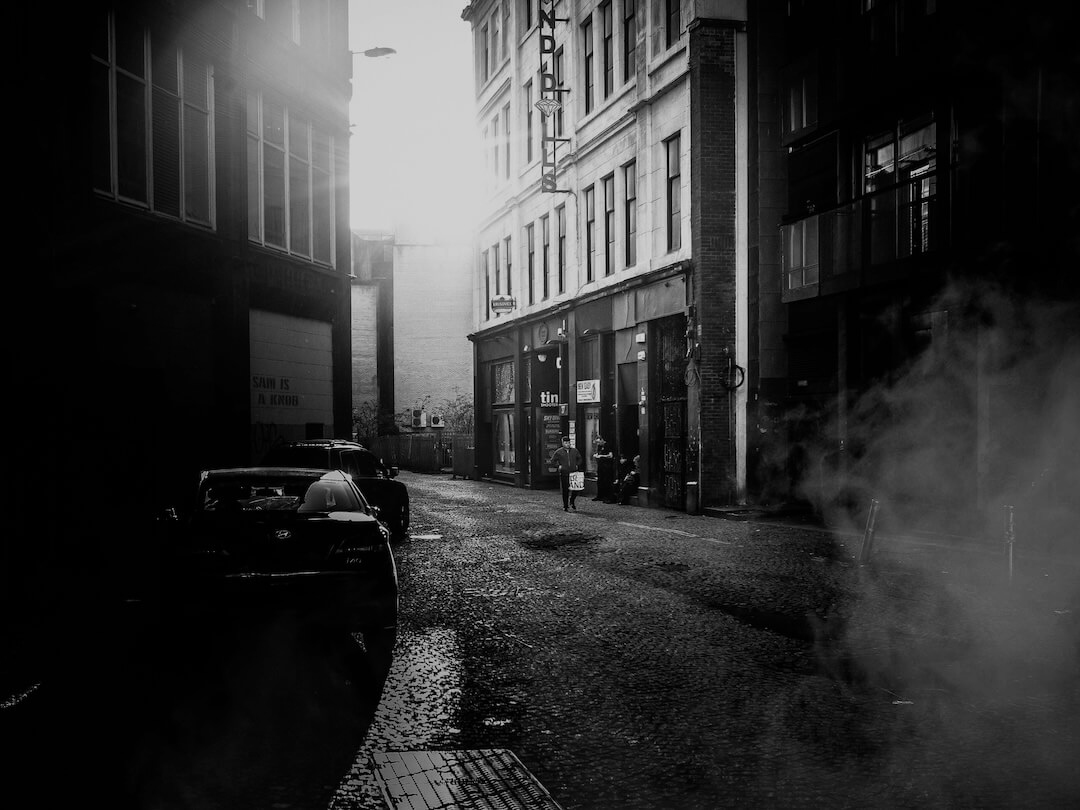

Rebecca by Daphne du Maurier is a Gothic masterpiece that weaves together themes of obsession, love, and haunting memories. First published in 1938, this novel captures the imagination with its suspenseful narrative and richly atmospheric setting, leaving an indelible mark on literature and readers alike.
The story begins with the unforgettable line, “Last night I dreamt I went to Manderley again.” The unnamed narrator, a shy and inexperienced young woman, marries the enigmatic Maxim de Winter and moves to his grand estate, Manderley. However, she soon finds herself living in the shadow of Maxim’s first wife, Rebecca, whose presence looms over every aspect of the house. As secrets about Rebecca’s life and death unravel, the narrator must confront the truth about her husband, her marriage, and herself in a chilling crescendo of revelations.
Du Maurier’s writing is lush and evocative, creating a vivid sense of place and mood. The first-person narrative immerses readers in the narrator’s inner world, making her fears and insecurities palpable. The slow buildup of suspense keeps readers on edge, while the dramatic twists ensure that the story remains unpredictable.
Rebecca has been hailed as one of the greatest Gothic novels of the 20th century. Its themes of love, power, and identity resonate with readers across generations, and it has inspired countless adaptations, including Alfred Hitchcock’s iconic 1940 film. The novel’s enduring appeal lies in its ability to capture the complexities of human emotion and the haunting power of the past.
When I first read Rebecca, I was captivated by the way Daphne du Maurier brings Manderley to life. The estate felt almost tangible—a place of beauty and dread, where every corner whispered secrets. As someone who has wrestled with self-doubt, I found the narrator’s journey deeply relatable. Her transformation from a timid, insecure young woman to someone who faces the truth head-on was both inspiring and heartbreaking.
What stayed with me most was the pervasive presence of Rebecca herself. Despite never appearing alive, she dominates every relationship, every decision, every moment of the story. It made me think about the ways we measure ourselves against others, and how the shadows of the past can shape our present.
One scene that lingers in my mind is the revelation of Rebecca’s true nature and the events leading to her death. It’s a masterful moment of suspense and moral ambiguity, forcing readers to question their perceptions of the characters and their actions. That sense of unease and complexity is what makes Rebecca so unforgettable for me.
Daphne du Maurier’s Rebecca is a triumph of Gothic storytelling. Its layered narrative, compelling characters, and atmospheric setting make it a novel that transcends time. Whether you’re drawn to tales of suspense, romance, or psychological depth, Rebecca offers something to savor. It’s a book that lingers, much like the memory of Manderley itself.
Rating: 5/5
Select a citation style:
If copying fails, use the text below:
Jamie Bucuy is a psychological horror and thriller writer with a Master of Fine Arts in Creative Writing. Specializing in literary analysis and the exploration of weird fiction, Jamie provides readers with insightful reviews that uncover the thematic and stylistic intricacies of classic and modern horror stories.
Stay updated with the latest news and releases from Jamie Bucuy